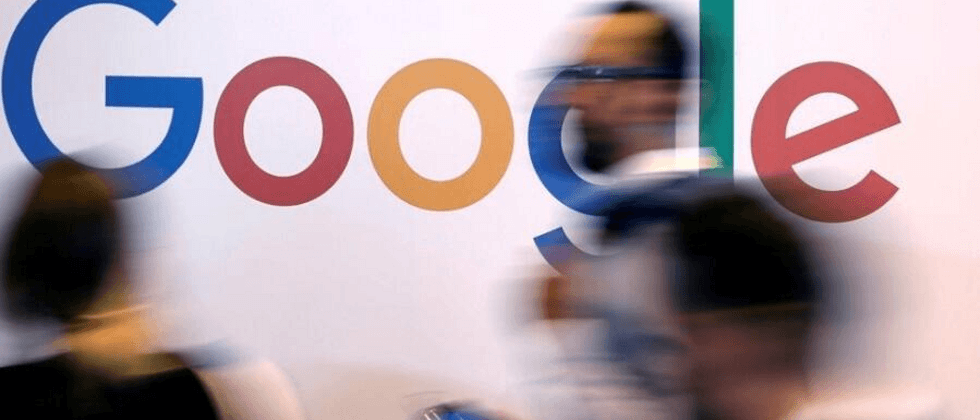On September 27th (Monday), local time in the United States, Google officially went to the Supreme Court of the European Union to oppose the EU’s record of 4.34 billion euros (5 billion U.S. dollars) against the company in 2018 on the grounds of “abusing the Android operating system to stifle competition”. The monopoly penalty is appealed.
Today, the Google Android antitrust appeal case has entered the third day of trial. Google said in court that the free and open source Android system has led to a reduction in mobile phone prices and stimulated competition with its main rival, Apple. Therefore, paying mobile phone manufacturers to pre-install Google search is not to prevent competition, but to make Android and Apple’s market share "contend" and have to do.
According to reports, in July 2018, the European Commission ruled that Google was suspected of “abusing the Android operating system to stifle competition” in violation of EU regulations. In the initial decision, the committee stated that Google’s approach restricts competition and reduces consumer choice. “Since 2011, with its dominant position in the Internet search market, it has made some changes to Android device manufacturers and mobile operators. Illegal restriction".
The European Commission stated at the time that the company required smartphone manufacturers to purchase a batch of Google applications if needed and prohibited them from selling devices with a revised Android system. The bundle contains 11 applications such as YouTube, Maps, and Gmail, but the regulator has focused on Google search, Chrome, and Play Store for apps, which have the three largest market shares.
In the end, the European Commission imposed a penalty of 4.34 billion euros (5 billion U.S. dollars) on Google. This penalty is one of the three antitrust penalties imposed by the European Commission on Google between 2017 and 2019 (three times totaling more than 8 billion U.S. dollars), and it is also the highest fine ever imposed by the EU on anti-competitive behavior.
According to reports, the Android system, as the most popular mobile operating system, is installed on 80% of European devices, and its market share even exceeds that of Apple's iOS. Although the amount of fines is huge this time, critics pointed out that Google can easily afford them, and the fines will not have much effect in expanding competition.
After this ruling, Google also made some changes to solve these problems, including allowing Android users in Europe to choose browsers and search applications, and charging device manufacturers for pre-installed applications.
Today, 3 years later, Google officially filed an appeal on this "the heaviest antitrust penalty in history."
At the 5-day hearing, Google argued that its application pre-installed on Android phones does not mean that users will not be allowed to download competitors' services. "Android has created more choices for everyone, and has brought support and assistance to thousands of successful companies in Europe and around the world. There is no factual or legal basis for this case."
The European Commission also questioned how Google pays wireless operators and mobile phone manufacturers to pre-install the Google search application. But Google said that these transactions accounted for less than 5% of the market, so it is impossible to harm competitors.
Google’s position is that since Android is open source and free, mobile phone manufacturers or consumers can decide which applications to install on their devices. Just because Google is the only company that bears the cost of developing and maintaining the Android system, they must find a way to make up for this cost, so the company's solution is to add revenue-generating applications, namely search and Chrome.
At present, the European Commission temporarily declined to comment on this matter, and the court’s decision is not expected to come out until next year. We will continue to pay attention to the final outcome of the case. If you have any views on the incident, please leave a message in the comment area for interaction.


**粗体** _斜体_ [链接](http://example.com) `代码` - 列表 > 引用。你还可以使用@来通知其他用户。